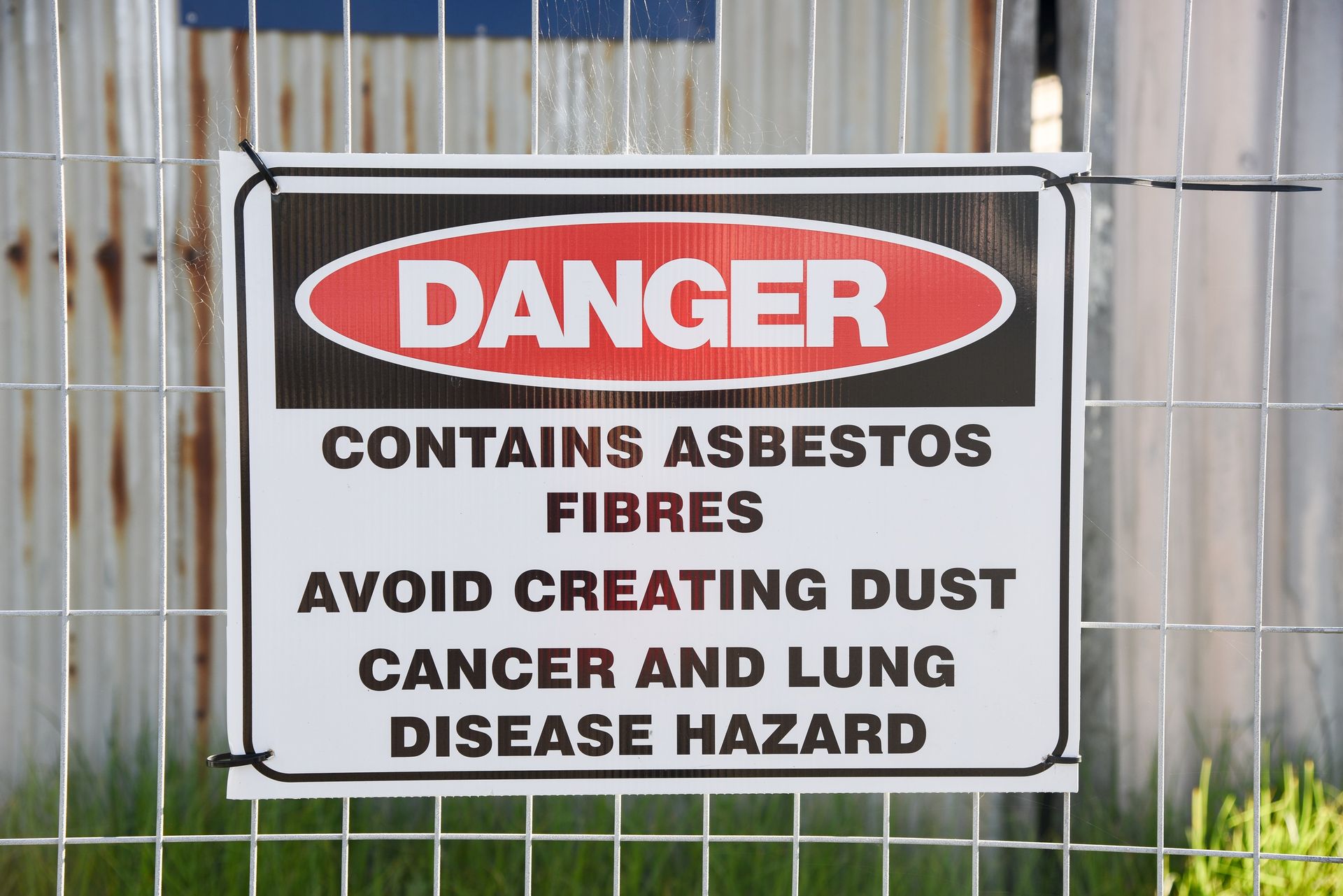I want to contest an estate but there is no Will, can I still do it?
Kells Lawyers • September 14, 2021
Contesting a deceased persons’ estate is generally associated with the deceased person leaving a Will that often excludes someone from being listed as a beneficiary and them receiving no entitlement from the estate. But what happens when a person dies without a valid Will and their estate passes to someone else and you are left feeling like you should have been included in the distribution of the estate? This scenario is more common than you think, given that almost 50% of Australians do not have Wills.
If you fail to take steps to have a Will prepared while you are alive, then on your death your estate will pass according to a predetermined formula called the law of intestacy. A person who dies without a valid will is said to have died intestate.
The persons entitled to inherit from an intestate estate depends on the relationship with the deceased person and who survives the deceased person. In summary, the order of beneficiaries entitled under intestacy is generally as follows:
1. Spouses
2. Children
3. Parents
4. Siblings
5. Grandparents
6. Aunts and uncles
7. First cousins.
8. If none of these beneficiaries apply, then the estate passes to the Government.
The difficulty with intestacy lies in the lack of control in where your estate goes. The result may be that your estate passes to beneficiaries who you may not have intended to inherit, or in the alternative, leave those who you wanted to inherit with nothing. Further, it does not include as stepchildren, nieces and nephews or even charities.
There are varying entitlements to an intestate estate depending on what family members survive the deceased. For example, if a person dies leaving a spouse and a child from that relationship, the spouse is entitled to receive the whole estate. However, if the deceased leaves a spouse and a child from a previous relationship, the spouse is entitled to receive the deceased’s personal effects, a statutory legacy of $350,000 plus half of the residue of the estate. The other half of the residue of the estate goes to the deceased’s children from that previous relationship. Depending on the size of the estate, those children may not actually receive anything if the estate is modest.
In the world of de facto relationships and blended families, this can create problems for family members and highlights the importance of avoiding the uncertainty of the law of intestacy where possible and ensuring that you have a Will in place.
It is possible to contest an intestate estate. The same process and requirements apply as if someone died with a Will. You must first be an eligible person as defined by the Succession Act NSW 2006, which includes a spouse or de facto partner, a child, and certain dependents.
Once you have satisfied the eligibility requirement, you will then need to satisfy to the Court that adequate provision has not been made for you from the deceased person’s estate and demonstrate a case that warrants further provision being made to you. In considering your case, the Court has regard to an exhaustive list of factors which include the relationship between you and the deceased and the nature of the estate as well as your current financial situation and future needs.
If you are successful in a family provision claim, an order made by the Court takes effect as if the provision was made in a codicil to the will of the deceased person, if the deceased person made a will, or in a will of the deceased person, if the deceased person died intestate.
If you are concerned about your position following the death of a loved one, contact us today to discuss your options.
Photo 126210042 / Estate © Bang Oland | Dreamstime.com

Kells has been delivering outstanding services and legal expertise to commercial and personal clients in Sydney and the Illawarra region for more than five decades. Our lawyers are savvy and understand your needs.
Subscribe
Want to get the latest articles and news delivered to your inbox?




